Gwadar Sinking – Lack of Political Will or Governance Challenges?
Nestled along the southwestern coastline of Pakistan, Gwadar emerges as a beacon of potential and promise in the realm of global trade and economic development. Situated at the crossroads of major maritime routes and strategically positioned at the entrance of the Arabian Sea, Gwadar holds a pivotal position in the ambitious vision of the China-Pakistan Economic Corridor (CPEC).
The last few years have seen an unprecedented focus on Gwadar. In 2023, it was connected with the national grid, and its drinking water issues were resolved while the establishment of the University of Gwadar and a shipyard were approved. As the linchpin of this monumental initiative, Gwadar stands poised to transform into a bustling hub of commercial activity, offering unprecedented opportunities for trade, investment, and regional cooperation. With its natural deep-sea port and strategic location, Gwadar embodies the aspirations of Pakistan’s economic resurgence. It serves as a gateway to prosperity, beckoning the world to witness its evolution into a vibrant port city of the future.
However, today’s Gwadar, after the February 27 torrential rains and resultant floods, paints a picture of stagnation or inadequate development that can be attributed to a combination of factors, including political will and governance challenges. While the region has been designated as a cornerstone of national economic development strategies, the translation of vision into tangible progress has often been impeded by political instability, shifting priorities, and a lack of sustained commitment from successive governments.
The governance challenges, such as bureaucratic inefficiencies, regulatory hurdles, and institutional weaknesses, have further hindered the effective implementation of development plans and initiatives in Gwadar. The absence of a coherent and coordinated approach to governance, coupled with inadequate infrastructure and human resource capacities, has exacerbated the situation, perpetuating a cycle of underdevelopment and missed opportunities in the region.
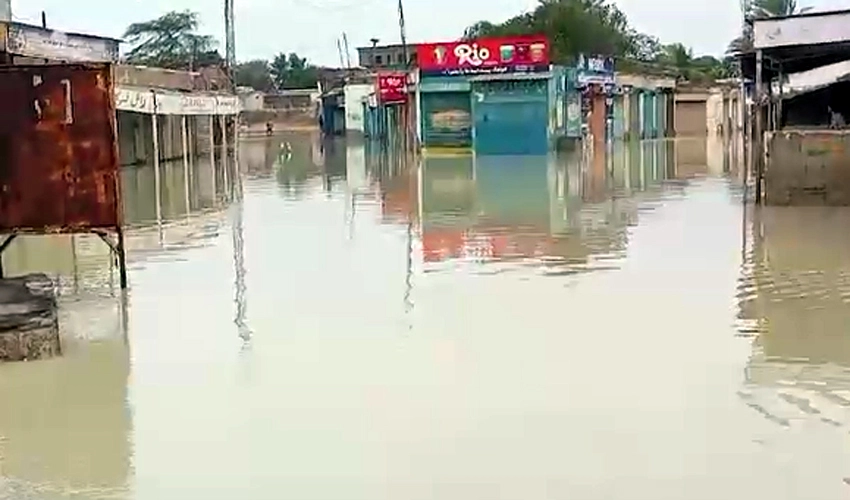
Gwadar’s development plan was conceived by policymakers almost a decade ago, which resulted in the formulation of the Gwadar Smart Port City Master Plan. The delayed alignment and implementation of the Gwadar Port and Smart Port City master plans over the next almost five years has resulted in a significant setback to the region’s developmental aspirations and can even be termed the root cause of the present floods. Despite the recognition of Gwadar’s strategic importance and its designation as a key driver of economic growth under the CPEC, the lack of synchronized development continues to hamper progress even today. Astonishingly, not a single inch of the port’s physical berthing space has seen expansion since 2005, reflecting the stagnation plaguing the region’s infrastructure development. Even initiatives spearheaded by local Pakistani companies, such as the LPG project, have floundered due to the autocratic governance practices prevalent in the area.
A lack of resources is often cited as the reason for the slow development of Gwadar. However, a review of only the Federal PSDP indicates that huge funds were earmarked for the Gwadar Port Authority and Gwadar Development Authority. These include Rs25 billion for the uplift of the entire Gwadar city, Rs2.5 billion for the Gwadar Smart Environmental Sanitation System and Landfill Project, Rs11.5 billion for necessary facilities of fresh water treatment, water supply and distribution (including drainage), Rs3.3 billion for rehabilitation of old town Gwadar (including provision of missing facilities), Rs103 million for sewerage treatment plants, etc. in addition to other large fundings for port development and dredging by both the federal and provincial governments as well as international donors.
The recurring issue of flooding in Gwadar, despite substantial investments and planning by the CPEC, Ministry of Planning, Development & Special Initiatives, and Government of Balochistan, underscores the critical importance of effective governance in addressing the city’s challenges. Despite the significant allocation of funds from the Federal PSDP and support from provincial governments and international donors, the failure to effectively manage and implement comprehensive development plans has led to persistent issues such as flooding. Consequently, Gwadar port city still sinks underwater whenever it rains.
It is imperative to prioritize the finalization and implementation of the Gwadar-specific governance model jointly by the Government of Balochistan and the Ministry of Planning, Development & Special Initiatives as outlined in the Gwadar Smart Port City Master Plan to address the challenges facing Gwadar.
The recommendations of various studies conducted in 2022-23 regarding the governance model should be swiftly implemented, ensuring that the city’s development is guided by the expertise of developmental specialists and aligned with the planned objectives. By enhancing governance structures, improving coordination among relevant authorities, and fostering transparency and accountability in decision-making processes, Gwadar can overcome its current challenges and realize its potential as the jewel of the CPEC and a thriving port city as envisioned.
* Muhammad Jawad Akhtar is a former advisor/senior specialist CPEC/Ministry of Planning, Development & Special Initiatives. He can be reached at jawad_jd@yahoo.com.


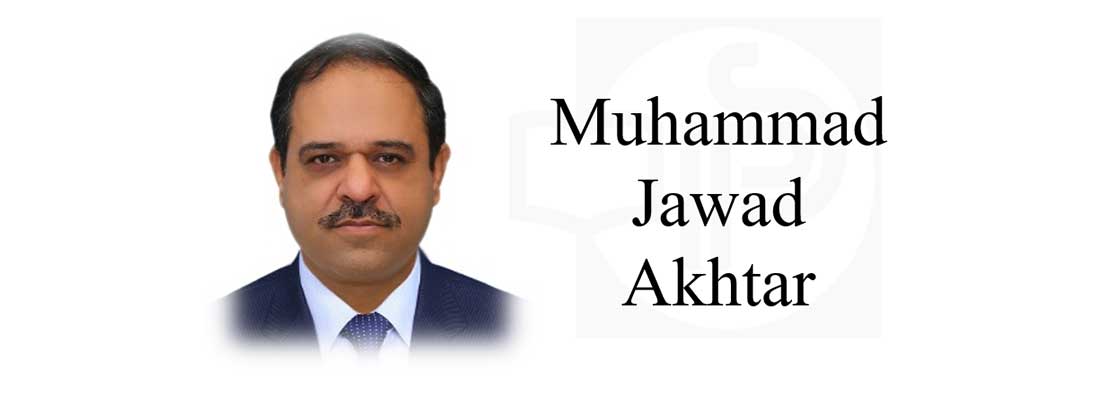
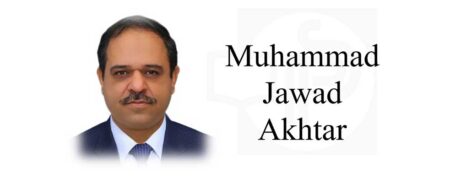




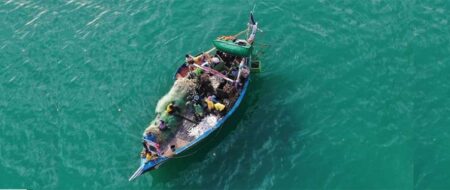

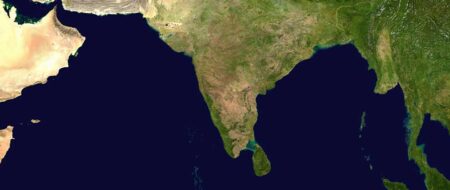


Comment (1)
Good projection of problems of Bureaucracy and governance. Gwadar city and port need immediate attention of the Federal and provincial governments to improve living conditions of the habitants and to improve economy .
Dr. Anjum Sarfraz, Cdre ( Retd)
Comments are closed.